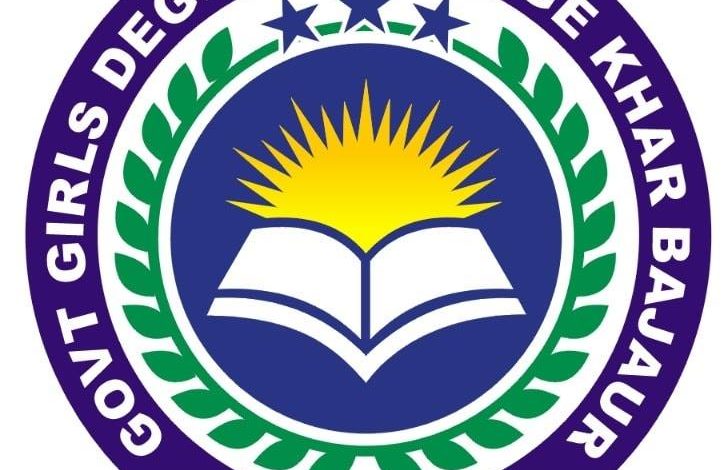
The Government Girls Degree College in Khar is the only institution of its kind serving the 1.2 million residents of Bajaur. Established out of an urgent need, this college began operations in September 2003. The then district administration presented a proposal to the then Governor Lieutenant General (retd) Syed Iftikhar Hussain Shah, who approved it. Consequently, the college was swiftly inaugurated in the old building of a government hospital.
Initially, neither the students, staff, nor parents were satisfied with the quality of education and facilities. However, over time, significant improvements have been made in both the infrastructure and the quality of education, resulting in increased enrollment.
Hira (pseudonym), from Mohmand Navagai district, shared her experience: "This was my only option for continuing education after matriculation. I joined eagerly because, without this college, I might have had to abandon my studies. Although I faced many challenges initially, I remained focused on my education. Despite the distance, I convinced my family that I was determined to complete my education."
Also Read: The Need for Curriculum Reform in the Wake of Musa's Tragedy
Naila Ehsan, a lecturer at the college, explained that the building originally served as a hospital. After the hospital was relocated, the building was converted into a college. Initially, the number of female students was minimal, as parents were not very supportive of sending their daughters to college.
Naila provided details about the enrollment in various programs. In FSC, there are currently 435 students. The first-year cohort consists of 220 students, with 191 in pre-medical, 28 in arts, and 1 in pre-engineering. The second-year cohort has 215 students, with 191 in pre-medical, 23 in arts, and 2 in pre-engineering.
The BS program at the Government Girls Degree College Kharbajore began in 2017. Presently, the college offers two B.Sc programs: Botany and Islamiat. The initial batch had 9 students in Botany and 11 in Islamiat. This year, enrollment has increased to 310 students in these programs. There are plans to introduce BS programs in Urdu, Physics, and Zoology due to high demand.
Aaliya (pseudonym), a student from the first batch of Botany, expressed her delight: "When the BS program started at our college, I was very happy because I was not allowed to study elsewhere. I seized the opportunity and enrolled."
Naila also mentioned that students from remote tehsils and areas, such as Navagai, Mamond, Salarzai, and Kotki, attend the college, which is a positive development.
Regarding the prospect of a women's university in Bajaur, including other tribal districts, Governor Khyber Pakhtunkhwa Faisal Karim Kundi stated that there are plans to open a sub-campus of Shaheed Benazir Bhutto Women's University. He emphasized that changing the mindset of parents to support their daughters' higher education is crucial for such initiatives to succeed.
Naila highlighted the introduction of extra-curricular activities at the college. These activities include plantation, gardening, and talent shows featuring handicrafts and henna, contributing to a well-rounded educational experience.
Naila explained that initially, there were only two or three local staff members at our college, with most of the staff being non-local. Recently, however, local lecturers have been recruited through a testing process conducted for our \students. This initiative has led to a significant increase in local staff.
Advocate Huma Aman Mohmand discussed the constitutional provisions, highlighting that Articles 8 to 28 of the Constitution of Pakistan outline basic human rights. According to Article 25, all individuals are equal, and the right to education cannot be denied to women. Bajaur has only one girls' degree college where young women are demonstrating their courage and pursuing education. If these girls are provided more educational opportunities, they will prove they are second to none.
Naila noted that there is a growing awareness in Bajaur, with more families now allowing their daughters to pursue education. However, the region still faces a significant lack of educational facilities. The government needs to focus on improving girls' education, which has already been adversely affected by terrorism, poverty, and unemployment.
If the girls of Bajaur are provided with a supportive educational environment, they can contribute significantly to the development of their families, region, and country.